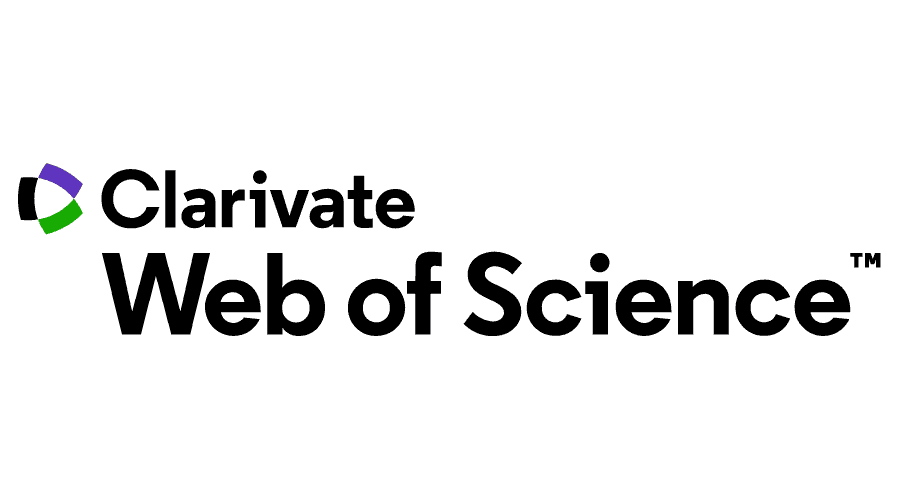Abstract
In popular view, the term accountability generally refers to a wide spectrum of public expectations dealing with organizational performance, responsiveness, good governance, and even morality of government and nonprofit organizations. These expectations often include implicit performance criteria – related to obligations and responsibilities – that are subjectively interpreted and sometimes even contradictory. And in this broader conception of accountability, the range of people and institutions to whom public and nonprofit organizations must account include not only higher authorities in the institutional chain of command but also the general public, the news media, peer agencies, donors, and many other stakeholders (Kearns, 1996). Government could build its accountability by implementing good and proper financial management. Financial management is a tool for government to show its performance and accountability to the public. Meanwhile, corruption is the misuse of public office for private gain. As such, it involves the improper and unlawful behavior of public-service officials, both politicians and civil servants, whose positions create opportunities for the diversion of money and assets from government to them and their accomplices (Langseth, 1999). The more corruption, the more far away from good governance, and the less public accountability. According to Klitgaard (1988), power minus accountability is corruption. This paper explains about the influences of implementing government financial management to corruption fighting and good governance in broadly view. Discussion will be derived to find out the understanding of financial management, corruption, and good governance terminology fits for Indonesia environment. The purpose of this paper is to achieve common knowledge that financial management should be implemented by public organization from strategic management for public organization approaches. Besides, reader will find out explanation from both theoretical approach and pragmatical approach as well.
Recommended Citation
Umar, Haryono
(2011)
"Government Financial Management, Strategy for Preventing Corruption in Indonesia,"
The South East Asian Journal of Management: Vol. 5:
No.
1, Article 2.
DOI: 10.21002/seam.v5i1.1793
Available at:
https://scholarhub.ui.ac.id/seam/vol5/iss1/2
Included in
Management Information Systems Commons, Management Sciences and Quantitative Methods Commons











